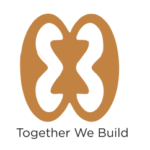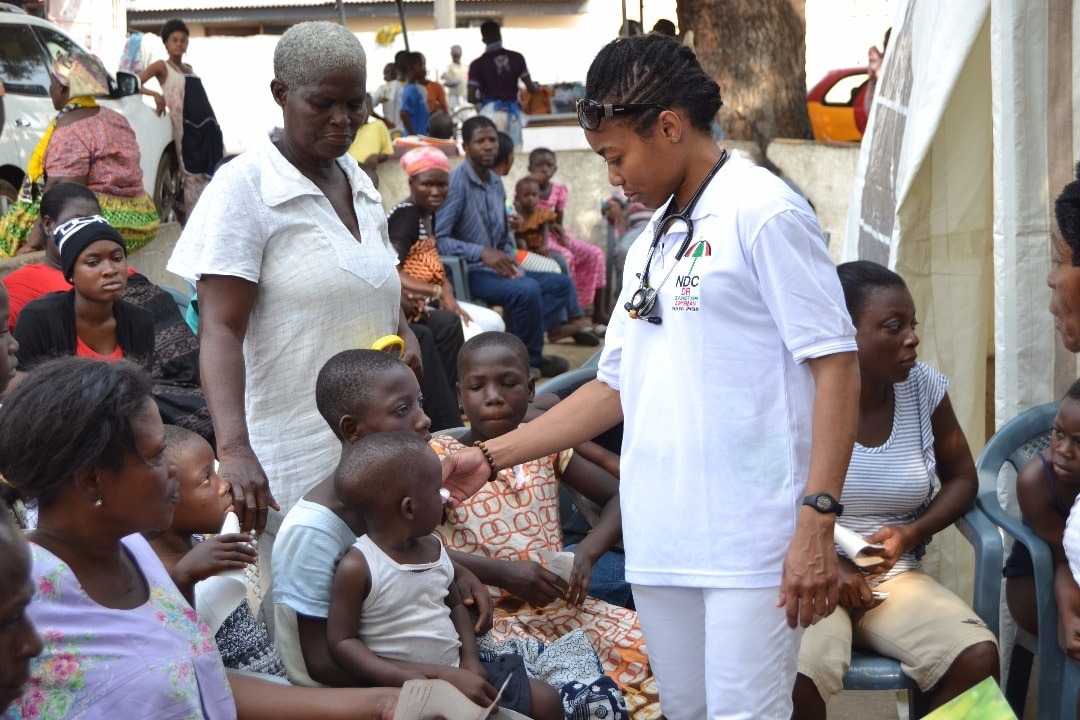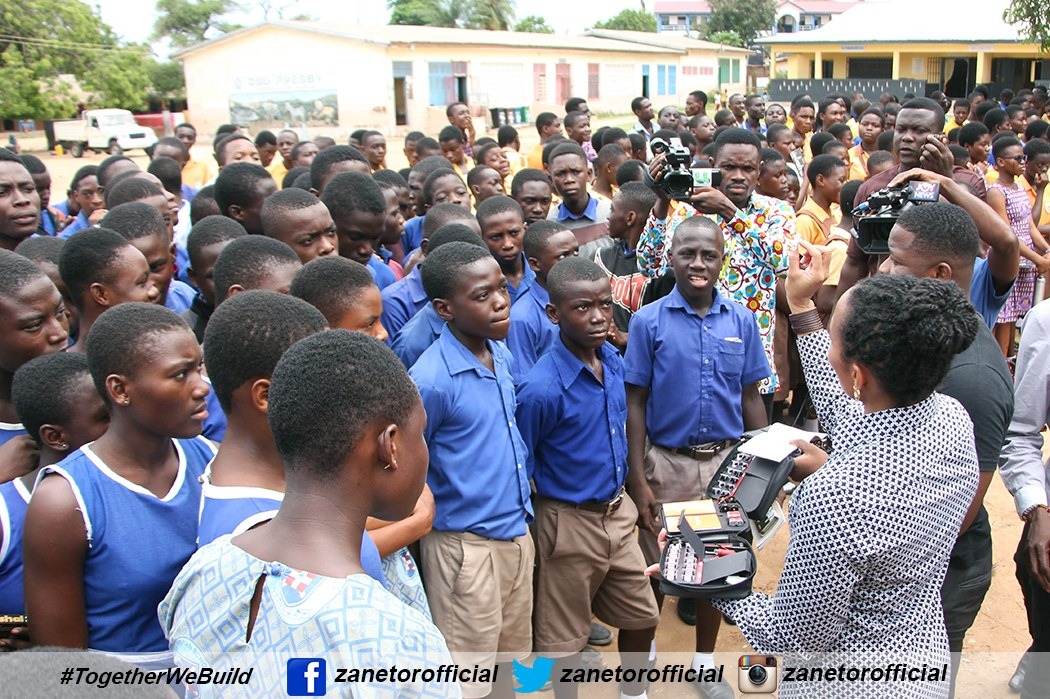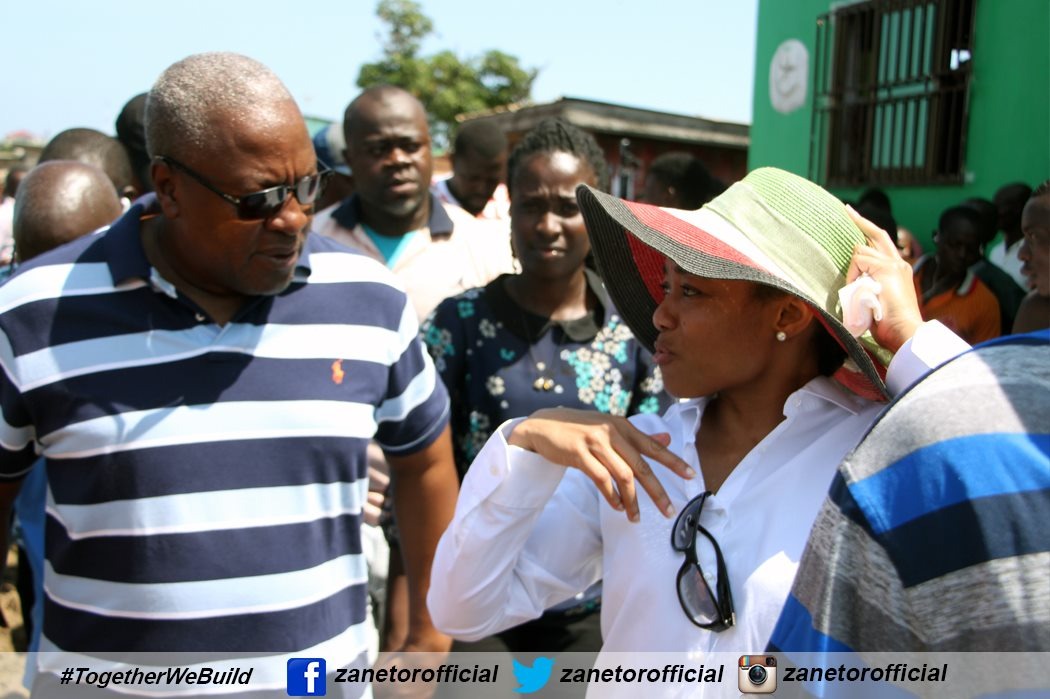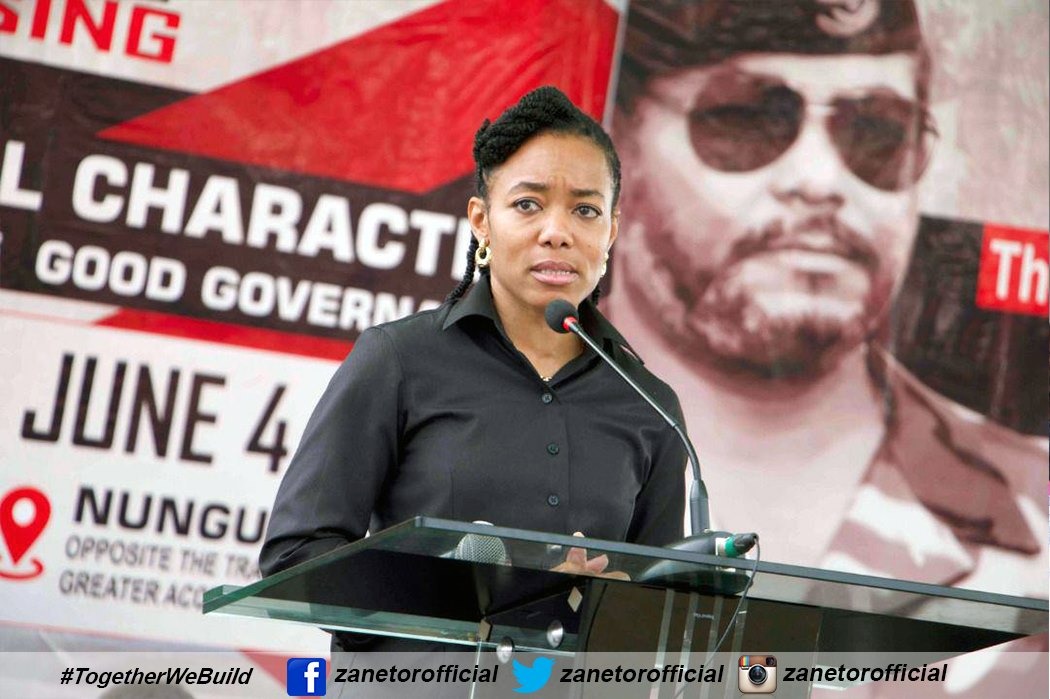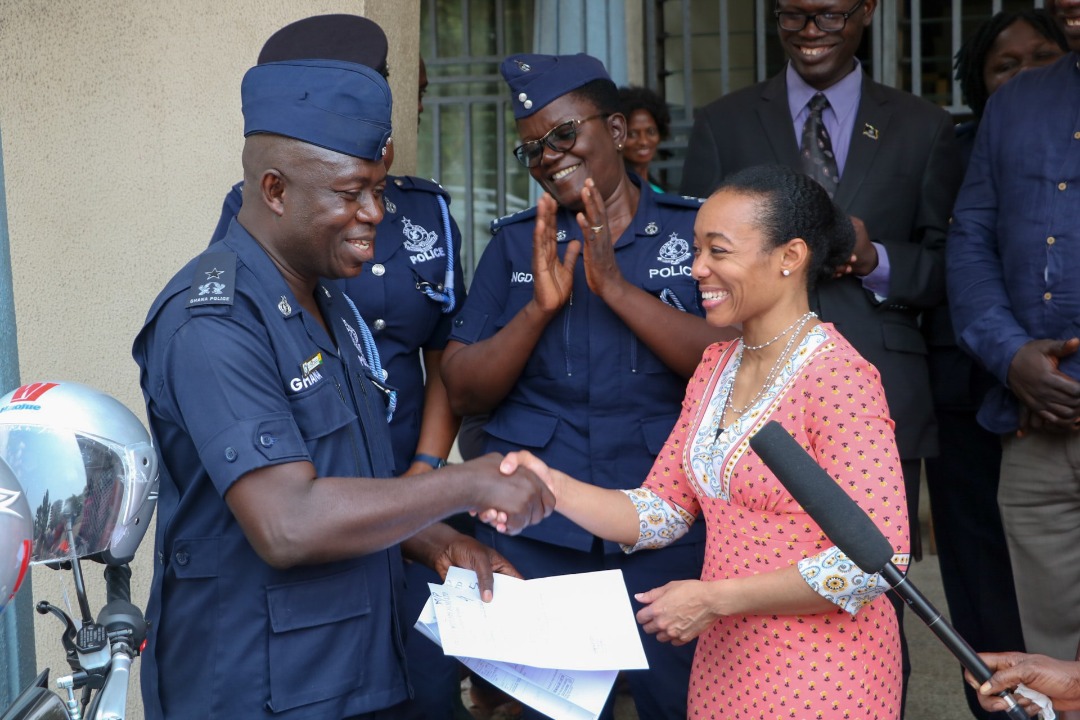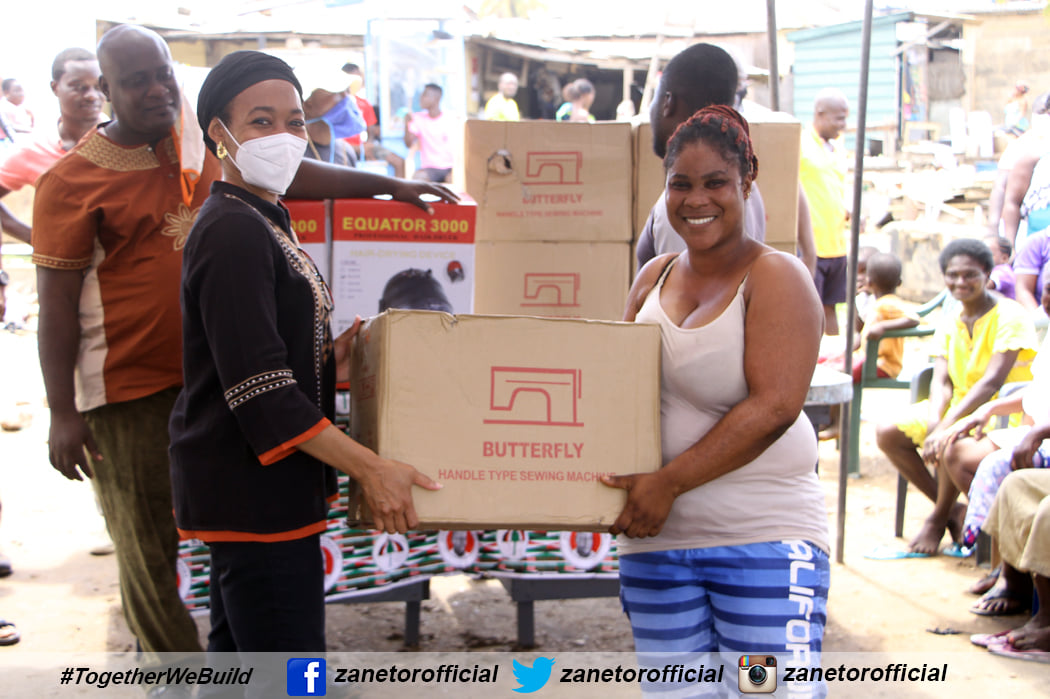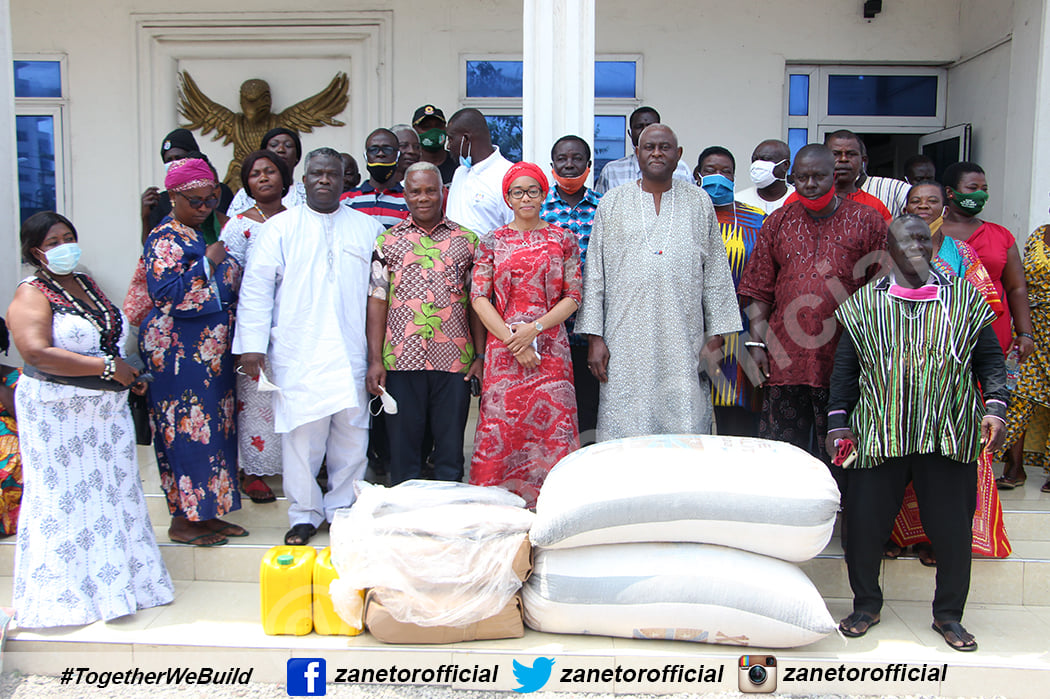Speaking Points By Hon. Dr. Zanetor Agyeman-Rawlings At Medays Forum Session 1: Africa On The Global Stage In Time Of Upheaval: Is « Non-Aligned » Synonym For Not Listened To?” Held On The 3rd Novemebr 2022 At 11:30am In Tangier, Morocco
MEDays Forum – 2nd to 5th November 2022
THEME: “FROM CRISES TO CRISES: TOWARDS A NEW WORLD ORDER”
MEDays Session 1: Africa on the Global Stage in Time of Upheaval: Is « Non-Aligned » synonym for Not Listened To?”
Date and Time of the Session: Thursday, November 3rd 2022, 11:30 am
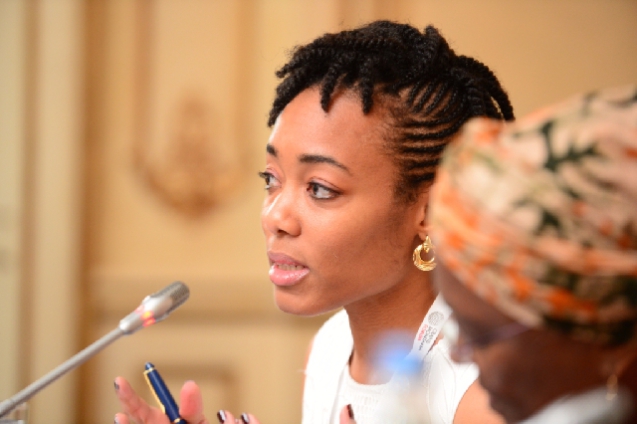
Background:
The majority of African states have opted for non-alignment since the Cold War. Such a posture allowed the continent to avoid becoming mired in a devastating geopolitical opposition while enjoying stable relations with both sides. Today, the return of war to Europe and Sino-American rivalry in the Indo-Pacific are plunging the world into an era of tensions not seen since 1991.
African states remain faithful to their line. With the exceptionof Eritrea, the Central African Republic and Mali, which have shown their support for Moscow, Africannations are neutral in regards to the conflict in Ukraine. Moreover, the privileged relationship with Chinaand the great development opportunities presented by a potential partnership with the United States makeit difficult to align in the event of a more pronounced confrontation in the Indo-Pacific.
However, this policy of non-alignment has certain limits. During the Cold War, the continent was rarely listened to on the international stage. In spite of this, Africa was at the center of the great powers’ chessboard, which was reflected in the continent’s instability and lack of development. At the dawn of what some are already calling the second cold war, Africa risks once again being subjected to the geopolitical machinations of the great powers. The deaf ear to African issues since the beginning of the global crises in 2020 seems to demonstrate this. The low quantity of vaccines against Covid-19 available in Africa, despite the various calls for health cooperation initiated by countless organizations, is a major indicator of this attitude. Thus, it is crucial that non-alignment does not affect Africa’s ability to defend its interests. The continent must reorganize itself into a real pressure block, capable of speaking for itself without compromising its position and finding itself dragged into a global geopolitical struggle.
Objectives of this session:
- To discuss African state actor’s strategic position amidst current international disputes
- To discuss the challenges that Africa faces amidst current international disputes
- To discuss the role AU and regional institutions play representing Africa globally
Guiding questions:
- What lesson(s) can be learned from the Cold War for African non-alignment?
- What paradigms are to be taken into consideration for Africa in the context of the upheavals on theinternational scene?
- What are the main challenges for the continent in the context of the current global crises?
- What role should the African Union and regional institutions play to defend African interests on theinternational scene?
- What strategic positioning should African state actors take on the international stage in the era ofdisruption?
Speaking Points:
- What lesson(s) can be learned from the Cold War for African non-alignment?
- The cold war created unprecedented levels of destruction and widespread instability, and contributed to many of the problems that plague Africa today (poverty, poor education, health, hunger, violence etc.). The effects of the Cold War on Africa were unjust. One can say that it was a second scramble for Africa between the US and the USSR. With lessons learned from the past, today, African nations should not allow themselves to be destabilised by what is happening abroad in the west/east but should rather continue to focus on their pursuit of economic, social, and political advancement, independent of the feuding nations
- What paradigms are to be taken into consideration for Africa in the context of the upheavals on the international scene?
International wars and crises have had and continue to have devastating effects on Africa.
Examples:
- Covid
- Limited access to vaccination in Africa
- Vaccination testing was to be done in Africa, despite Africa having less infection cases than western countries
- Loss of employment without other employment options (household income shocks due to economic downturn)
- Overwhelmed health facilities – (care centre closures)
- Climate change
- Fossil fuels cheaper than renewable energy for ordinary African
- Spread of violent extremism
- Ukraine/Russia crisis
- Inflation & financial instability
- Rising fuel and food prices
- Supply constraints
- What are the main challenges for the continent in the context of the current global crises?
- Dependency on imported products from the west is too high
- Africa is not self-sufficient, despite having an abundance of natural resources
- Western countries often adopt generalist policies when dealing with African states, as opposed to country-specific policies → no size fits all
The growing cost of food and fuel, inflation, and financial instability are the effects of the worldwide crises that are most obvious in Africa. The poorest people are most severely impacted because food and transportation make up a major amount of their consumption costs. The effects of food insecurity on all facets of human development, including income, health, and education, are likely to be long-lasting.
Addressing on the structural underlying causes of these crises would present an opportunity to advance. Integration and interdependence on a regional, economic, and social scale may offer a chance for mutually beneficial and sustainable growth. However, the challenges that the aforementioned integration may bring along, e.g. increased security issues, must be taken into consideration and equally addressed.
- What role should the African Union and regional institutions play to defend African interests on the international scene?
- Implementing inclusive structural transformation measures
- Boosting AFCFTA to promote inter-regional trade (e.g. putting import bans on certain products that are produced locally to protect local farmers)
- Oversee regional economic bodies to ensure compliance with AU regulations and to ensure they are on the right track to achieve AU goals
- AU needs to build a bridge that will connect its activities and programs to many ordinary Africans
- Give voice to the young people in Africa
- Strive for financial independence of the African continent
- What strategic positioning should African state actors take on the international stage in the era of disruption?
- African state actors may plead their nation’s membership in the Non-Aligned Movement to maintain a middle ground in its response to conflict. However, this position does not translate to keeping mute on the humanitarian aspect of crises, with emphasis on the situation of Africans in e.g. Ukraine. Yet, such statements must be diplomatically addressed, with a clear message of what it hopes to achieve, which is the protection of civilian life.
Sources
https://panafricanreview.rw/nato-russia-and-africa-cold-war-lessons-from-the-non-aligned-movement/
| M | T | W | T | F | S | S |
|---|---|---|---|---|---|---|
| 1 | 2 | 3 | 4 | 5 | 6 | 7 |
| 8 | 9 | 10 | 11 | 12 | 13 | 14 |
| 15 | 16 | 17 | 18 | 19 | 20 | 21 |
| 22 | 23 | 24 | 25 | 26 | 27 | 28 |
| 29 | 30 | 31 | ||||
